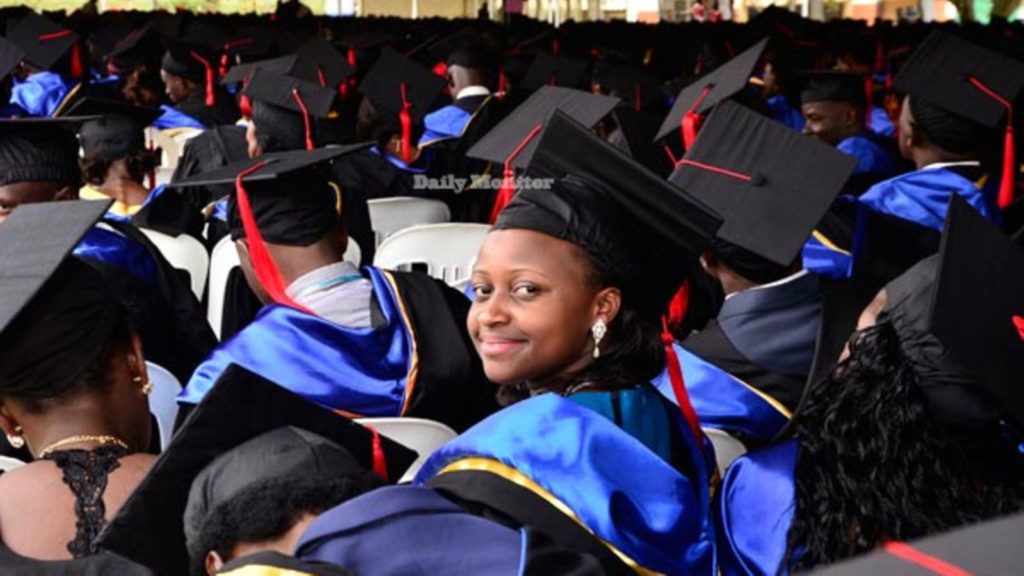Universities tasked to review curricula

The Executive Director of the Uganda Vice-Chancellors’ Forum, Prof Eriabu Lugujjo has urged Universities to review their curricula and redirect academic programs to practical skills, to enable graduates survive in the fourth industrial revolution.
Speaking at the 25th anniversary of the Uganda Vice Chancellors Forum, in Kampala, Prof. Lugujjo says universities should go beyond training students to pass exams and nurture them into professionals who can use their competencies to solve problems at hand.
“Conducting practicals for Science, Technology, Engineering, and Mathematics (STEM) might be expensive but, I advise universities to start slowly. Their programmes must be practically oriented. It will not be good for the students, parents, sponsors and the country when graduates come out with only theoretical materials,” he said.
“You also need a deliberate strategic plan to develop sciences. In Malaysia, they had to forego unnecessary expenditures and focused on nurturing human resource in science and technology,” he added.
Prof Lugujjo said Uganda’s Vision 2040 emphasizes promotion of science and technology and that universities should be at the forefront of nurturing professionals who will drive this agenda.
He also suggested that the universities should consider offering technical studies since they offer high employment prospects to check youth unemployment.
Official government estimates indicate that between 600,000-700,000 join the labour market every year and youth constitute 95 percent of this population yet only 10 percent can be absorbed in the labour market because the rest lack employable skills.
In 2021, the Uganda National Bureau of Statistics (UBOS) reported that unemployment among the youth between the ages of 18 to 30 years shot up from 12.7 percent in 2012/13 to 13.0% in the 2019/20 Financial year, despite a reduction in the overall national unemployment rate from 11.1 percent to 10 percent during the same period.
Commenting on courses that are due for review, Prof Luggujjo advised universities to respect the deadline, further suggesting that continuing students should be allowed to proceed with studies when the affected courses are under review.
The National Council for Higher Education (NCHE) set November 30, 2023, as the deadlines for universities to submit courses that are due for re-assessment.
The expired courses saga came to the limelight early this year, when a graduate from Uganda was blocked from applying for graduate studies in a United Kingdom-based University, on grounds that he had pursued an expired course at undergraduate level.
Prof K.M Mathew, the Vice Chancellor of ISBAT University said that attaching students to various organizations as they pursue their courses would also help them get a feel of what is expected of them at their workplaces.
Meanwhile, Prof Joy Kwesiga the Vice Chancellor of Kabale University stressed the need to finance research undertaken by universities and also invest in infrastructure including buildings and laboratories as they strive to contribute to Human Resource Capital Development.
Mr John Chrysostom Muyingo, the State Minister for Education in charge of Higher Education also tasked universities and institutions of higher learning to focus on research and innovations that are capable of solving society problems.
The Minister also said that universities should engage employers in developing and implementing their curricula so that the training can be guided by the demand in the labour market.








